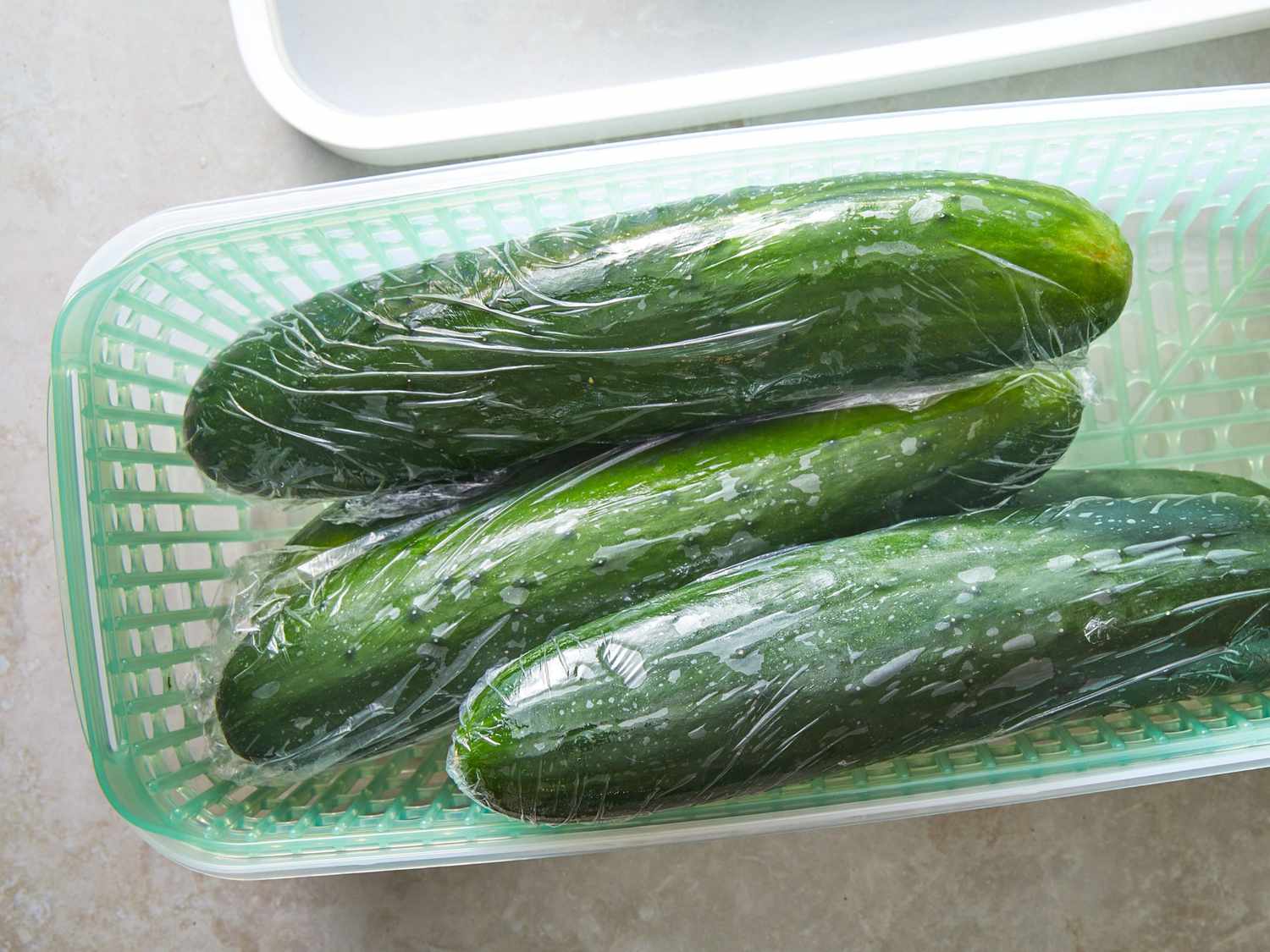

Articles
How To Store Whole Cucumbers
Modified: January 9, 2024
Learn the best methods for storing whole cucumbers with these helpful articles. Keep your cucumbers fresh and delicious for longer periods of time.
(Many of the links in this article redirect to a specific reviewed product. Your purchase of these products through affiliate links helps to generate commission for Storables.com, at no extra cost. Learn more)
Introduction
When it comes to preserving the freshness and flavor of cucumbers, proper storage is key. Whether you’ve grown them in your garden or bought them from the grocery store, knowing how to store whole cucumbers can ensure they stay crisp and delicious for longer.
Cucumbers are not only a nutritious vegetable but also versatile in various culinary applications. From salads to sandwiches and even refreshing drinks, cucumbers are a staple ingredient that adds a refreshing crunch to any dish. However, if not stored correctly, they can quickly lose their enticing texture and taste.
In this article, we will explore the importance of storing whole cucumbers, the factors to consider before storing them, and the proper storage techniques to maximize their shelf life. We will also discuss different options such as refrigeration, pickling, and freezing, as well as share valuable tips and common mistakes to avoid along the way.
So, if you’re ready to preserve the freshness of your cucumbers and enjoy their crispness in your favorite dishes for an extended period, let’s dive into the world of whole cucumber storage.
Key Takeaways:
- Proper storage of whole cucumbers, whether through refrigeration, pickling, or freezing, is crucial for maintaining their freshness, texture, and flavor, ensuring they can be enjoyed in various dishes for an extended period.
- Factors such as cucumber quality, ripeness, and intended storage duration should be considered before choosing the most suitable storage method, whether it’s refrigeration, pickling, or freezing, to maximize the shelf life and quality of whole cucumbers.
Read more: How To Store Cucumber
Why Storing Whole Cucumbers is Important
Properly storing whole cucumbers is essential for maintaining their freshness, texture, and flavor. Here’s why it’s important to store them correctly:
- Prolongs Shelf Life: Cucumbers are highly perishable and can quickly become limp or develop a soft and mushy texture if not stored properly. By employing the right storage techniques, you can extend their shelf life and enjoy fresh cucumbers for a longer duration.
- Preserves Nutritional Value: Cucumbers are packed with essential vitamins, minerals, and antioxidants that contribute to our overall health and well-being. By storing them properly, you can help retain their nutritional content, ensuring you receive maximum benefits when consuming them.
- Prevents Spoilage: Improper storage can lead to premature spoilage of cucumbers, resulting in waste and unnecessary expenses. By storing them correctly, you can minimize the risk of spoilage and maximize the utility of each cucumber.
- Enhances Taste and Texture: Properly stored cucumbers retain their crunchiness, crispness, and refreshing taste. Whether you plan to use them in salads, sandwiches, or as a garnish, maintaining their texture and flavor will enhance the overall eating experience.
Now that we understand the importance of storing whole cucumbers, let’s explore the factors to consider before storing them to ensure optimal preservation.
Factors to Consider Before Storing
Before storing whole cucumbers, it’s important to consider a few factors that can have an impact on their shelf life and quality. Taking these factors into account will help you determine the most suitable storage method and ensure optimal preservation. Here are the key factors to consider:
- Cucumber Quality: Start with fresh, high-quality cucumbers. Look for cucumbers that are firm, vibrant in color, and without any signs of blemishes or soft spots. Choosing the best cucumbers at the time of purchase sets the foundation for successful storage.
- Ripeness: Cucumbers are best stored when they are at their peak of freshness. Avoid storing overripe or overly mature cucumbers, as they are more prone to spoilage and won’t last as long. Opt for cucumbers that are still firm and crisp.
- Cleaning: Thoroughly wash cucumbers before storing them to remove any dirt or debris on the skin. This can help prevent the growth of bacteria or mold during storage.
- Trimming: If there are any damaged or bruised spots on the cucumbers, trim them off before storing. These spots can accelerate spoilage and affect the quality of the entire cucumber.
- Packaging: Cucumbers are best stored in a manner that allows proper air circulation while protecting them from excess moisture. Consider using breathable bags or wrapping them in a paper towel to absorb excess moisture and prevent them from drying out.
- Temperature: Cucumbers are sensitive to temperature changes. It is important to store them at the right temperature to maintain their freshness. Avoid exposing cucumbers to extreme heat or cold, as it can accelerate spoilage and impact their quality.
- Humidity: Cucumbers prefer a humid environment. However, excessive humidity can lead to moisture build-up and promote the growth of bacteria and mold. Finding the right balance is crucial to prevent spoilage.
- Storage Duration: Consider how long you plan to store the cucumbers. If you intend to use them within a few days, refrigeration is sufficient. However, if you want to store them for a more extended period, you might explore other preservation methods like pickling or freezing.
By taking these factors into consideration, you can make informed decisions about how to store your cucumbers based on their quality, ripeness, and intended storage duration. In the next sections, we will explore proper storage techniques for whole cucumbers, including refrigeration, pickling, and freezing.
Proper Storage Techniques
To ensure the freshness and longevity of whole cucumbers, it’s important to use the proper storage techniques. Here are three common methods for storing cucumbers:
Option 1: Refrigeration
Refrigeration is the most common method for storing whole cucumbers, especially if you plan to use them within a few days. Follow these steps to properly store cucumbers in the refrigerator:
- Place the cucumbers in a perforated plastic bag or wrap them loosely in a paper towel to absorb excess moisture.
- Store the cucumbers in the vegetable crisper drawer of your refrigerator, away from ethylene-producing fruits like apples or bananas. Ethylene can accelerate the ripening process and cause cucumbers to spoil more quickly.
- Keep the temperature of your refrigerator set at around 40°F (4°C) to maintain the freshness and crispness of the cucumbers.
- Check the cucumbers regularly and remove any spoiled or mushy ones to prevent the spread of decay.
Read more: How To Store A Cucumber
Option 2: Pickling
Pickling is a popular method for preserving cucumbers due to its ability to prolong their shelf life and impart a tangy flavor. Here’s how to pickle whole cucumbers:
- Wash and slice cucumbers into the desired shape (slices, spears, or whole).
- Prepare a brine solution by combining water, vinegar, salt, sugar, and desired spices or herbs.
- Place the cucumbers in clean, sterilized jars and pour the brine solution over them, leaving a bit of headspace at the top.
- Seal the jars tightly and store them in a cool, dark place for a few weeks to allow the cucumbers to pickle.
- Once pickled, the cucumbers can be stored in the refrigerator for an extended period.
Option 3: Freezing
Freezing is another viable option for storing cucumbers if you have a surplus and want to enjoy them later. Follow these steps to freeze whole cucumbers:
- Wash and slice the cucumbers into desired shapes, or freeze them whole if they are small.
- Blanch the cucumber slices or whole cucumbers by briefly immersing them in boiling water, then immediately transferring them to an ice bath to stop the cooking process.
- Pat the cucumbers dry and place them in airtight freezer-safe containers or freezer bags.
- Label the containers with the date and store them in the freezer at 0°F (-18°C) or below.
- Frozen cucumbers can be stored for up to 3 months and used in cooked dishes like soups, stews, or stir-fries.
Choose the storage method that best suits your needs and the quantity of cucumbers you have on hand. Regardless of the method you choose, the following tips will help extend the shelf life and maintain the quality of your cucumbers.
Option 1: Refrigeration
Refrigeration is the most common and convenient method for storing whole cucumbers, especially if you plan to use them within a few days. Proper refrigeration can help preserve the freshness, texture, and flavor of cucumbers. Here’s how to store whole cucumbers in the refrigerator:
- Prepare the cucumbers: Start by choosing fresh, firm cucumbers. Avoid any cucumbers with soft spots or blemishes. Wash the cucumbers thoroughly under cool running water to remove any dirt or debris.
- Pat dry: After washing, gently pat the cucumbers dry with a clean kitchen towel or paper towel. Removing excess moisture will prevent the cucumbers from becoming damp and mushy during storage.
- Wrap in a paper towel: Take a paper towel and wrap it around the cucumbers. This will help absorb any excess moisture, keeping the cucumbers fresh and preventing them from becoming slimy.
- Place in a plastic bag: Put the wrapped cucumbers in a perforated plastic bag. The perforations will allow for proper air circulation, preventing moisture buildup and maintaining the ideal humidity level. If you don’t have a perforated bag, you can poke a few small holes in a regular plastic bag for ventilation.
- Store in the vegetable crisper drawer: The vegetable crisper drawer in your refrigerator is the best place to store cucumbers. The humidity in the crisper drawer can help retain the cucumbers’ crispness and prevent them from drying out.
- Avoid ethylene-producing fruits: Do not store cucumbers near fruits that produce ethylene gas, such as apples, bananas, or tomatoes. Ethylene gas can shorten the shelf life of cucumbers and accelerate their ripening process.
- Regularly check for spoilage: Periodically check the cucumbers for any signs of spoilage. Remove any soft or moldy cucumbers immediately to prevent the spread of decay to the other cucumbers.
By following these steps, you can effectively store whole cucumbers in the refrigerator and enjoy their freshness for up to a week. Remember to use cucumbers stored in the refrigerator within a reasonable time frame for optimal taste and quality.
Now that you know how to refrigerate cucumbers, let’s explore another preservation method: pickling.
Option 2: Pickling
Pickling is a popular method for preserving cucumbers and adding a tangy flavor to them. The process of pickling involves immersing cucumbers in a mixture of vinegar, salt, sugar, and spices, which helps extend their shelf life and create a deliciously tart and crisp pickle. Here’s how to pickle whole cucumbers:
- Choose the cucumbers: Select fresh, firm cucumbers that are suitable for pickling. Look for cucumbers that are free from any blemishes or soft spots. You can use cucumbers of various sizes, depending on your preference.
- Wash and prepare cucumbers: Rinse the cucumbers under cool running water to remove any dirt. Trim off the ends of the cucumbers and slice them into desired shapes, such as slices, spears, or leave them whole if they are small.
- Prepare the brine: In a saucepan, combine equal parts water and vinegar. Add salt, sugar, and any desired spices or herbs to the pan. Common spices include dill seeds, garlic cloves, mustard seeds, and peppercorns.
- Heat and dissolve: Heat the brine mixture over medium heat until the salt and sugar dissolve completely. Stir occasionally to ensure even distribution of flavors.
- Prepare sterilized jars: Meanwhile, prepare clean and sterilized glass jars and lids for the pickles. This can be done by boiling the jars and lids in hot water or using a dishwasher sterilization setting.
- Pack the jars: Place the cucumbers closely together in the sterilized jars. Fill the jars to just below the rim, leaving a small amount of headspace. You can add the desired spices or herbs from the brine mixture to the jars for added flavor.
- Add the brine: Pour the hot brine mixture into the jars, ensuring that all the cucumbers are completely submerged. The cucumbers should be covered with the brine to ensure proper pickling and preservation.
- Seal the jars: Wipe the rims of the jars clean to remove any brine residue. Place the lids on the jars, making sure they are sealed tightly.
- Allow for pickling: Store the jars in a cool, dark place such as a pantry or cellar. Let the cucumbers pickle for a few weeks to develop their flavor and achieve the desired taste and crispness.
- Refrigerate after opening: Once the pickles are ready, refrigerate the jars to slow down the fermentation process. Refrigerated pickles will last for several months.
Pickled cucumbers can be enjoyed on their own, used as condiments, or added to sandwiches and salads to add a zesty and tangy flavor. With pickling, you can extend the shelf life of cucumbers and enjoy their delightful flavor all year round.
Next, let’s explore another preservation option: freezing.
Read more: How To Store Cut Cucumbers
Option 3: Freezing
Freezing is an excellent option for preserving whole cucumbers, especially if you have a surplus and want to enjoy them later. While freezing can alter the texture of cucumbers slightly, they remain suitable for use in cooked dishes like soups, stews, and stir-fries. Here’s how to freeze whole cucumbers:
- Wash and slice the cucumbers: Start by washing the cucumbers thoroughly under cool running water to remove any dirt or debris. If desired, you can peel the cucumbers before slicing, but it is not necessary.
- Blanch the cucumbers: Blanching helps preserve the cucumbers’ color, texture, and nutritional value. Bring a pot of water to a boil and carefully add the cucumber slices or whole cucumbers. Allow them to blanch for 2-3 minutes.
- Ice bath: Once the cucumbers have been blanched, immediately transfer them to an ice bath. This will halt the cooking process and cool the cucumbers quickly.
- Drain and pat dry: Remove the cucumbers from the ice bath and let them drain thoroughly. Gently pat them dry with a clean kitchen towel or paper towel.
- Pack for freezing: Place the cucumber slices or whole cucumbers in airtight freezer-safe containers or freezer bags. Remove as much air as possible before sealing the containers to prevent freezer burn.
- Label and date: Label each container or bag with the date of freezing. This will help you keep track of their freshness and ensure you use the oldest cucumbers first.
- Freeze: Place the containers or bags in the freezer, making sure they are arranged in a flat position to save space. Ideally, the temperature of the freezer should be set to 0°F (-18°C) or below.
- Storage duration: Frozen cucumbers can be stored for up to 3 months. While they can last longer, their quality may begin to deteriorate after this timeframe.
- Thawing and using frozen cucumbers: When ready to use the frozen cucumbers, thaw them in the refrigerator overnight or use them directly in cooked dishes. Note that frozen cucumbers may release some liquid upon thawing, so adjust your recipes accordingly.
Freezing whole cucumbers is a practical way to preserve their taste and nutritional value for future use. While their texture may change slightly, freezing cucumbers allows you to enjoy their goodness even when they are out of season.
Now that you know how to freeze cucumbers, let’s move on to some tips for extending their shelf life.
Store whole cucumbers in the refrigerator crisper drawer, wrapped in a paper towel to absorb excess moisture and keep them fresh for up to a week. Avoid storing them near ethylene-producing fruits to prevent premature ripening.
Tips for Extending Shelf Life
To maximize the shelf life of whole cucumbers and keep them fresh and flavorful, consider these helpful tips:
- Handle with care: Cucumbers are delicate and can bruise easily. Handle them gently to avoid any damage, as bruises can lead to faster spoilage.
- Keep them cool: Cucumbers thrive in cool temperatures. Store them in a cool place or in the refrigerator to maintain their freshness and prolong their shelf life.
- Separate from ethylene producers: As mentioned earlier, ethylene-producing fruits like apples, bananas, and tomatoes can speed up the ripening and spoilage of cucumbers. Keep cucumbers separate from these fruits to prevent premature decay.
- Do not wash until ready to use: Excess moisture can accelerate spoilage. Avoid washing cucumbers until you are ready to use them. Washing just before consuming reduces the chances of moisture build-up and extends their shelf life.
- Check for spoilage: Regularly inspect stored cucumbers for signs of decay, such as mold, mushiness, or a foul odor. Remove any spoiled cucumbers to prevent it from spreading to the others.
- Store in breathable containers: If refrigerating cucumbers, use perforated plastic bags or wrap them loosely in a paper towel. This allows air circulation and prevents moisture accumulation, which can lead to rotting.
- Minimize exposure to light: Cucumbers are sensitive to light and can degrade faster when exposed to it. Store them in a dark place or place them in opaque containers or bags to shield them from light.
- Use airtight containers for pickled cucumbers: If you’ve pickled cucumbers, ensure that the jars or containers are sealed tightly to prevent air and bacteria from entering. Properly sealed containers will extend the shelf life of pickled cucumbers.
- Label and rotate: If you have multiple batches of stored cucumbers, use labels to keep track of their storage dates. This will help you prioritize older cucumbers for consumption, ensuring that none go to waste.
By following these tips, you can significantly extend the shelf life of whole cucumbers and enjoy their freshness and taste for an extended period.
However, there are some common mistakes that people make when storing cucumbers. Let’s explore those in the next section.
Common Mistakes to Avoid
When it comes to storing whole cucumbers, there are common mistakes that can lead to premature spoilage and loss of quality. Avoid these mistakes to ensure your cucumbers stay fresh and delicious:
- Storing at the wrong temperature: Cucumbers are sensitive to temperature extremes. Avoid storing them at room temperature, as it can accelerate the ripening process and lead to faster spoilage. Conversely, storing them in the freezer without blanching can result in a compromised texture.
- Not checking for spoilage: Neglecting to check stored cucumbers regularly can lead to the spread of mold and decay. Remove any spoiled cucumbers promptly to prevent contamination of the others.
- Storing cut cucumbers without protection: If you’ve partially used a cucumber, wrap the cut end tightly in plastic wrap or store them in an airtight container. This will prevent moisture loss, which can lead to a shriveled texture.
- Washing before storing: Washing cucumbers before storing them can introduce excess moisture, increasing the risk of mold growth and deterioration. It’s best to wait until you’re ready to use them before washing.
- Storing cucumbers near ethylene-producing fruits: Ethylene is a natural gas emitted by certain fruits, such as apples, bananas, and tomatoes, which promotes ripening. Storing cucumbers in close proximity to ethylene-producing fruits can cause them to mature faster, leading to a shorter shelf life.
- Using improper packaging: Storing cucumbers in airtight plastic bags without perforations can trap moisture and lead to a soggy or slimy texture. Opt for breathable packaging such as perforated bags or wrapping them loosely in a paper towel.
- Freezing cucumbers without blanching: Freezing cucumbers without blanching can result in a mushy texture when thawed. Blanching helps preserve their texture and nutritional value during the freezing process.
- Storing pickled cucumbers without proper sealing: When pickling cucumbers, ensure the jars are sealed tightly to prevent air and bacteria from entering. Inadequate sealing can lead to spoilage and compromise the taste and safety of the pickles.
- Overlooking proper labeling and rotation: Failing to label stored cucumbers and rotating them on a first-in-first-out basis can lead to forgotten batches and wasted cucumbers. Proper labeling and rotation help you keep track of the storage duration and ensure the oldest cucumbers are used first.
By avoiding these common mistakes, you can maintain the quality and freshness of whole cucumbers and make the most of your produce.
Now, with a good understanding of how to properly store whole cucumbers and the mistakes to avoid, you can enjoy their crispness and delicious taste for longer periods.
Note: When using any preservation method, follow safe food handling practices and refer to reliable sources for detailed instructions.
Remember to validate that the output is valid HTML encoding.
Conclusion
Knowing how to store whole cucumbers properly is essential for preserving their freshness, texture, and flavor. By considering the factors mentioned earlier, such as cucumber quality, ripeness, and storage duration, you can make informed decisions on the best storage method to use.
Refrigeration is the most common and convenient method for storing cucumbers, especially if they will be consumed within a few days. Wrapping them in a paper towel and placing them in a perforated plastic bag in the vegetable crisper drawer of your refrigerator helps maintain their freshness and crispness.
Pickling is another popular preservation method that not only prolongs the shelf life of cucumbers but also imparts a tangy flavor. By immersing cucumbers in a vinegar-based brine, you can enjoy pickles for several weeks or even months.
Freezing whole cucumbers is an excellent option when you have an abundance of cucumbers and want to enjoy them later. Blanching the cucumbers before freezing helps preserve their texture and nutritional value.
Remember to follow the tips for extending the shelf life of cucumbers, such as handling them gently, storing them at cool temperatures, and checking for spoilage regularly. Avoid common mistakes like storing them improperly, not checking for decay, and washing them before storage.
With these storage techniques, tips, and knowledge of common mistakes to avoid, you can maintain the quality and flavor of your whole cucumbers, ensuring that they stay fresh and delicious for an extended period.
So, whether you plan to use cucumbers in salads, sandwiches, pickles, or cooked dishes, the proper storage of whole cucumbers will help you enjoy their crispness and refreshing taste whenever you desire.
Remember to validate that the output is valid HTML encoding.
Frequently Asked Questions about How To Store Whole Cucumbers
Was this page helpful?
At Storables.com, we guarantee accurate and reliable information. Our content, validated by Expert Board Contributors, is crafted following stringent Editorial Policies. We're committed to providing you with well-researched, expert-backed insights for all your informational needs.
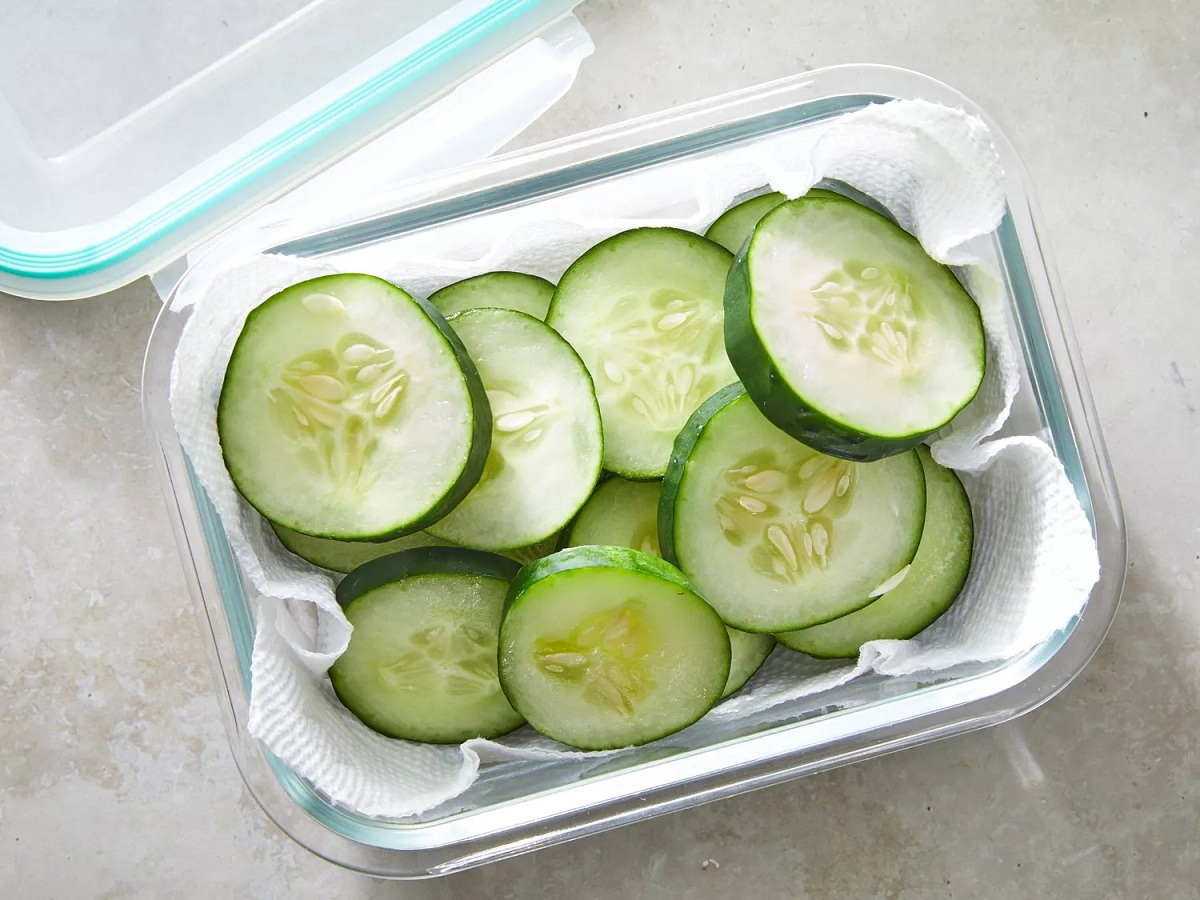
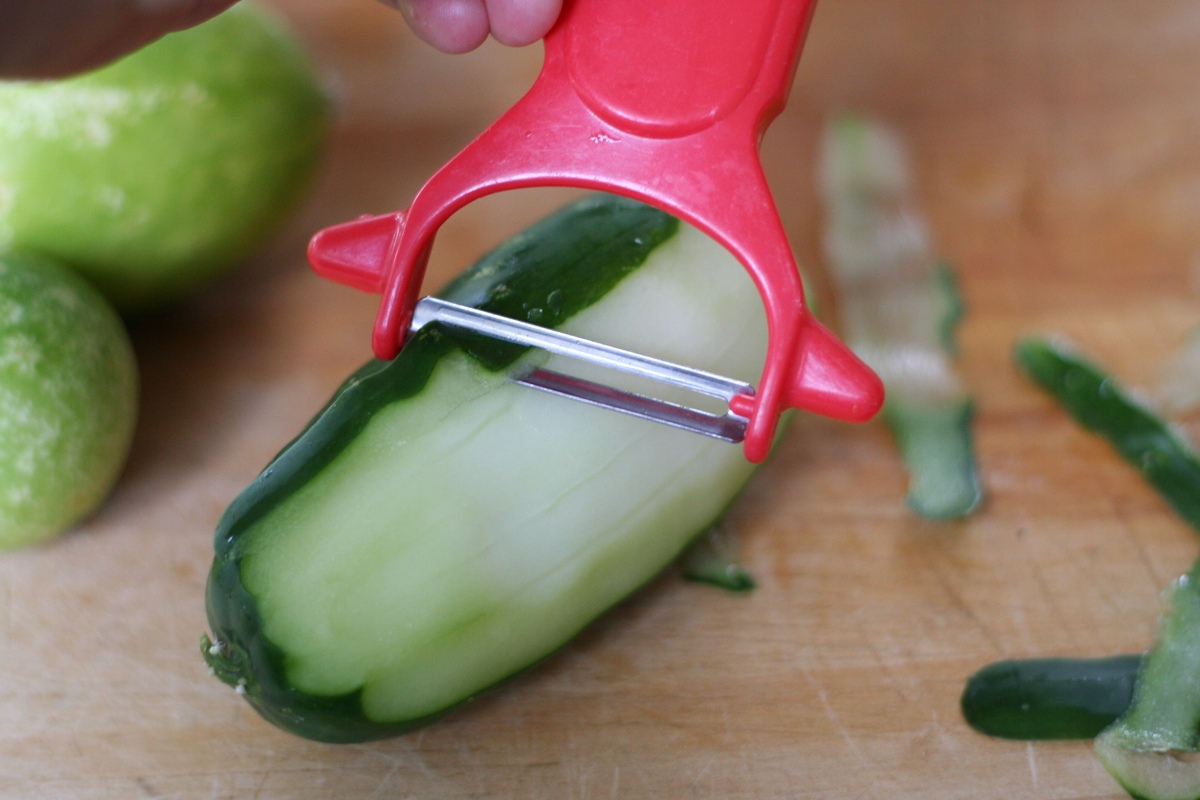
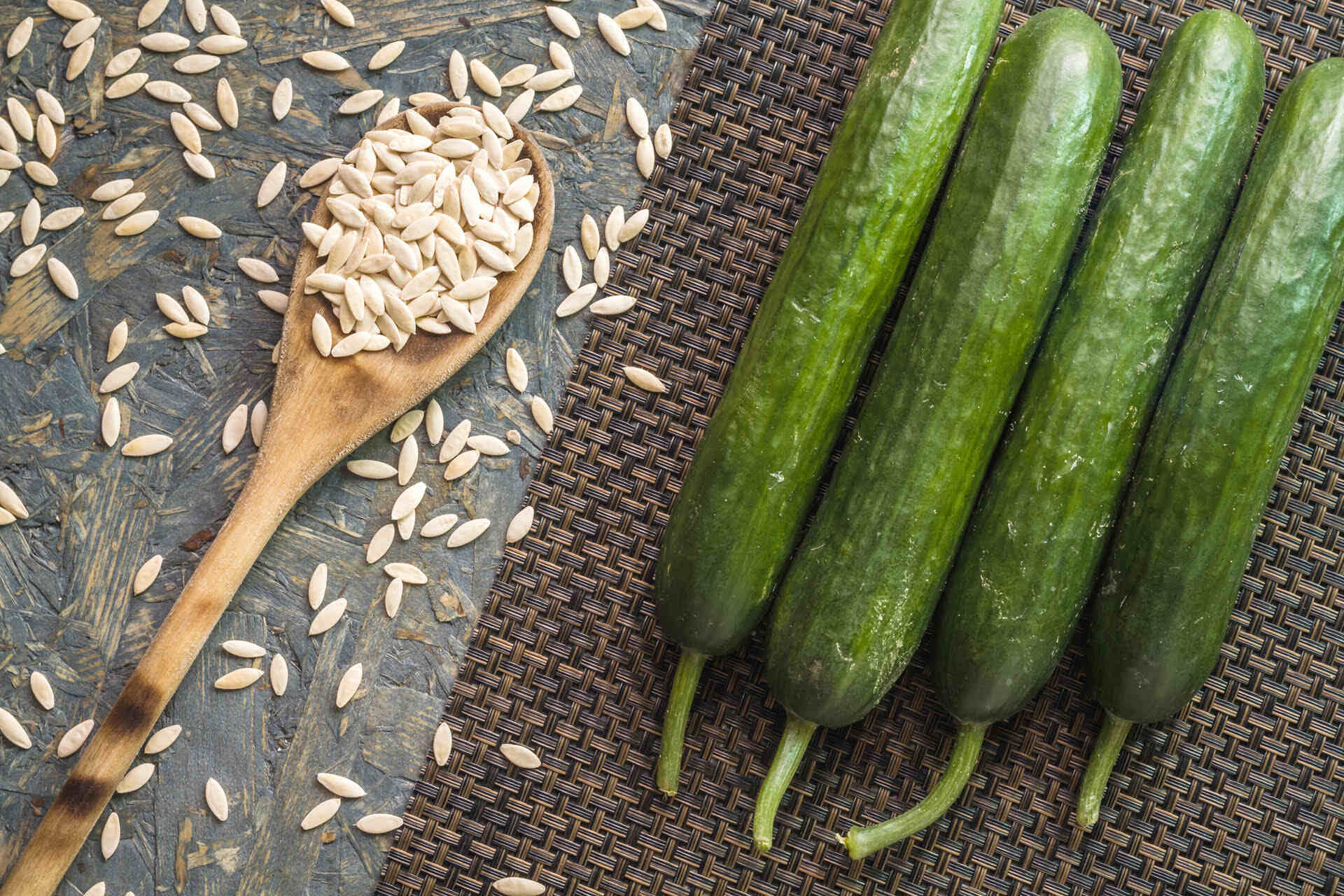
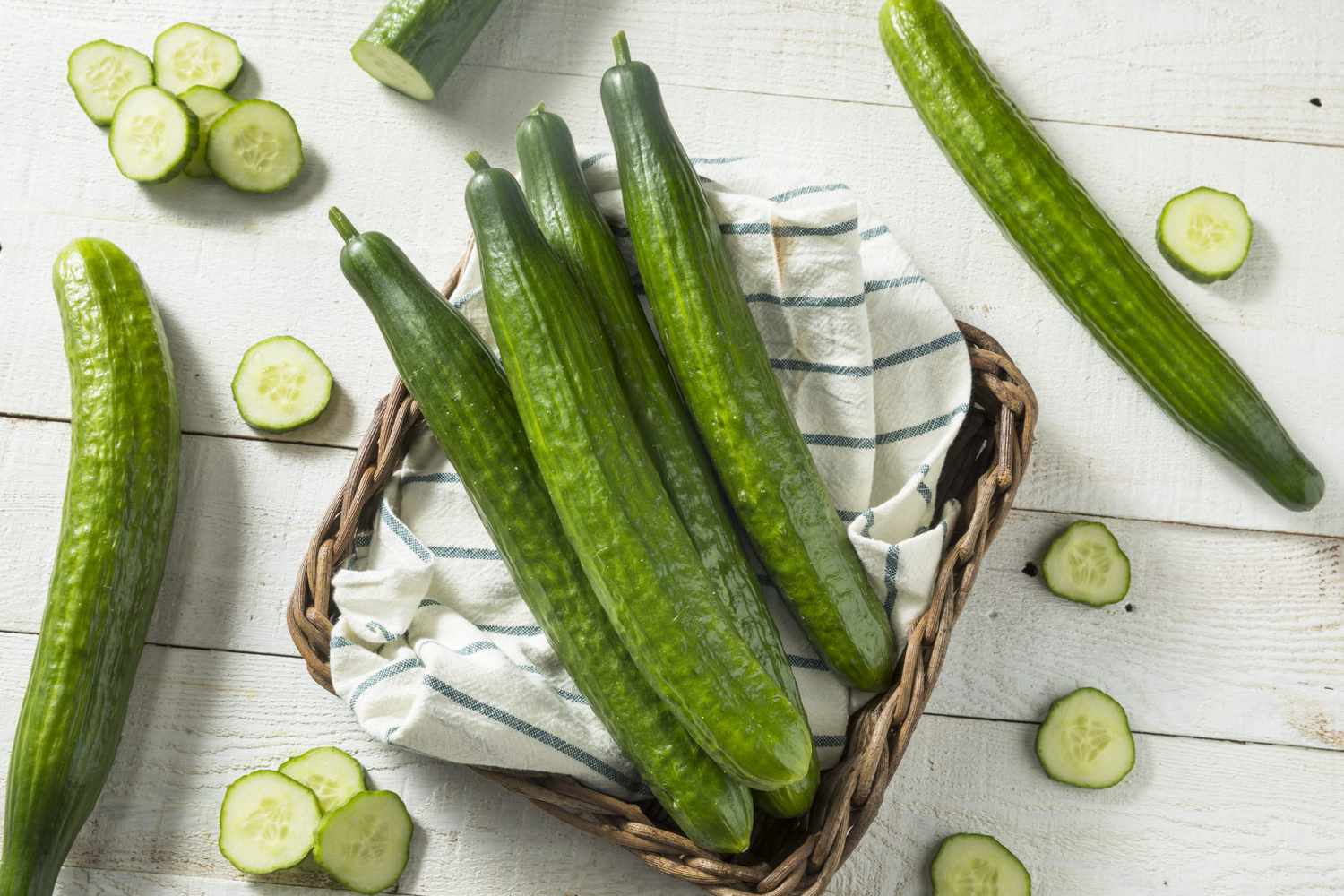
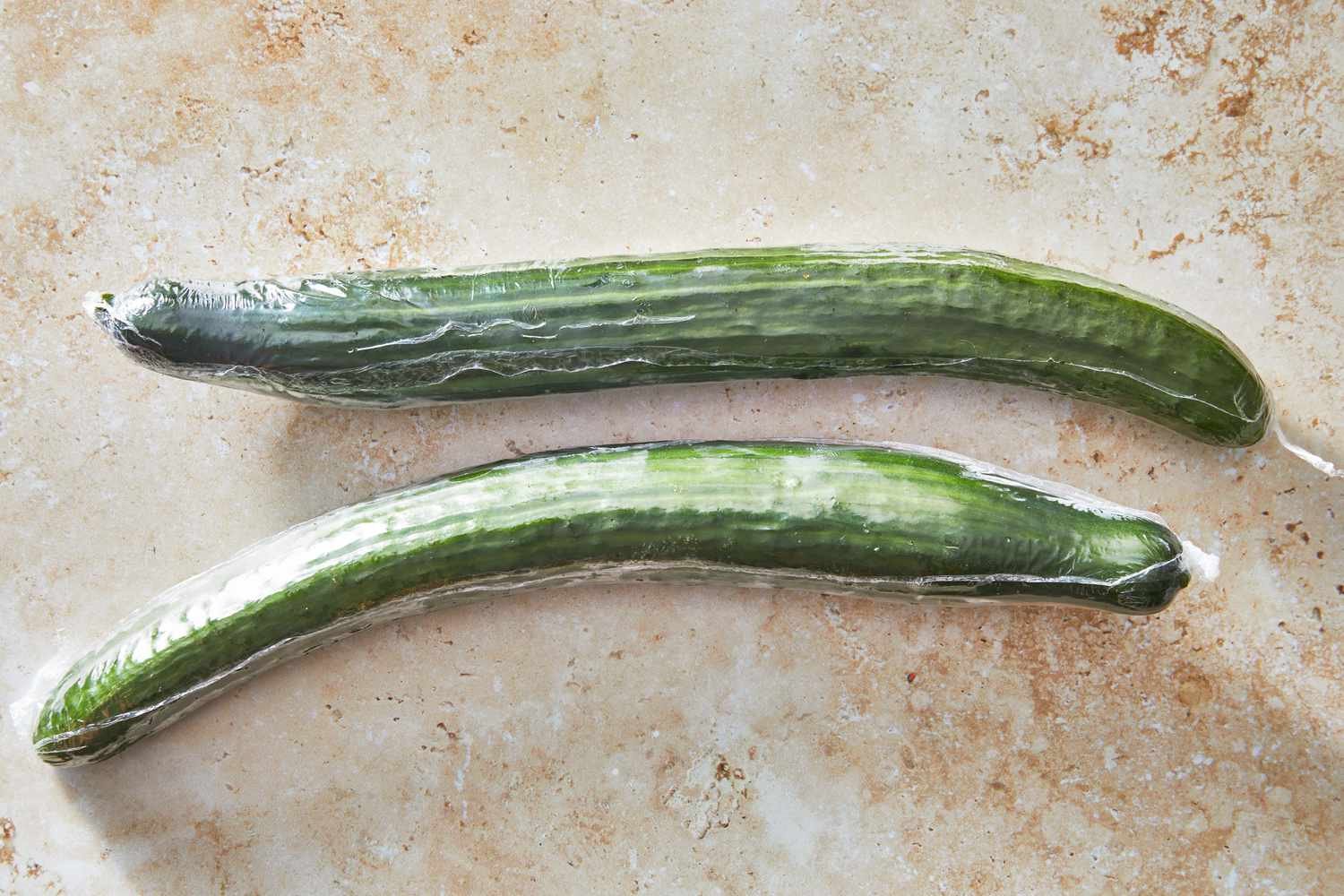
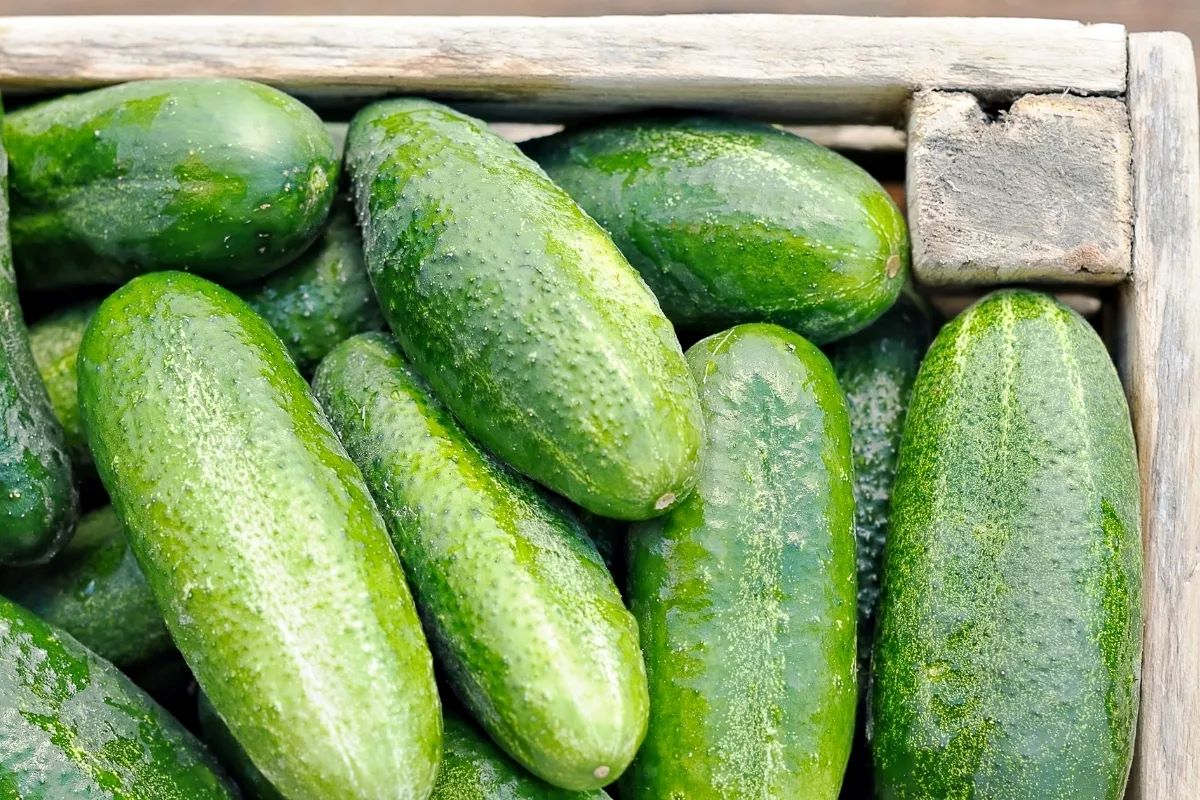
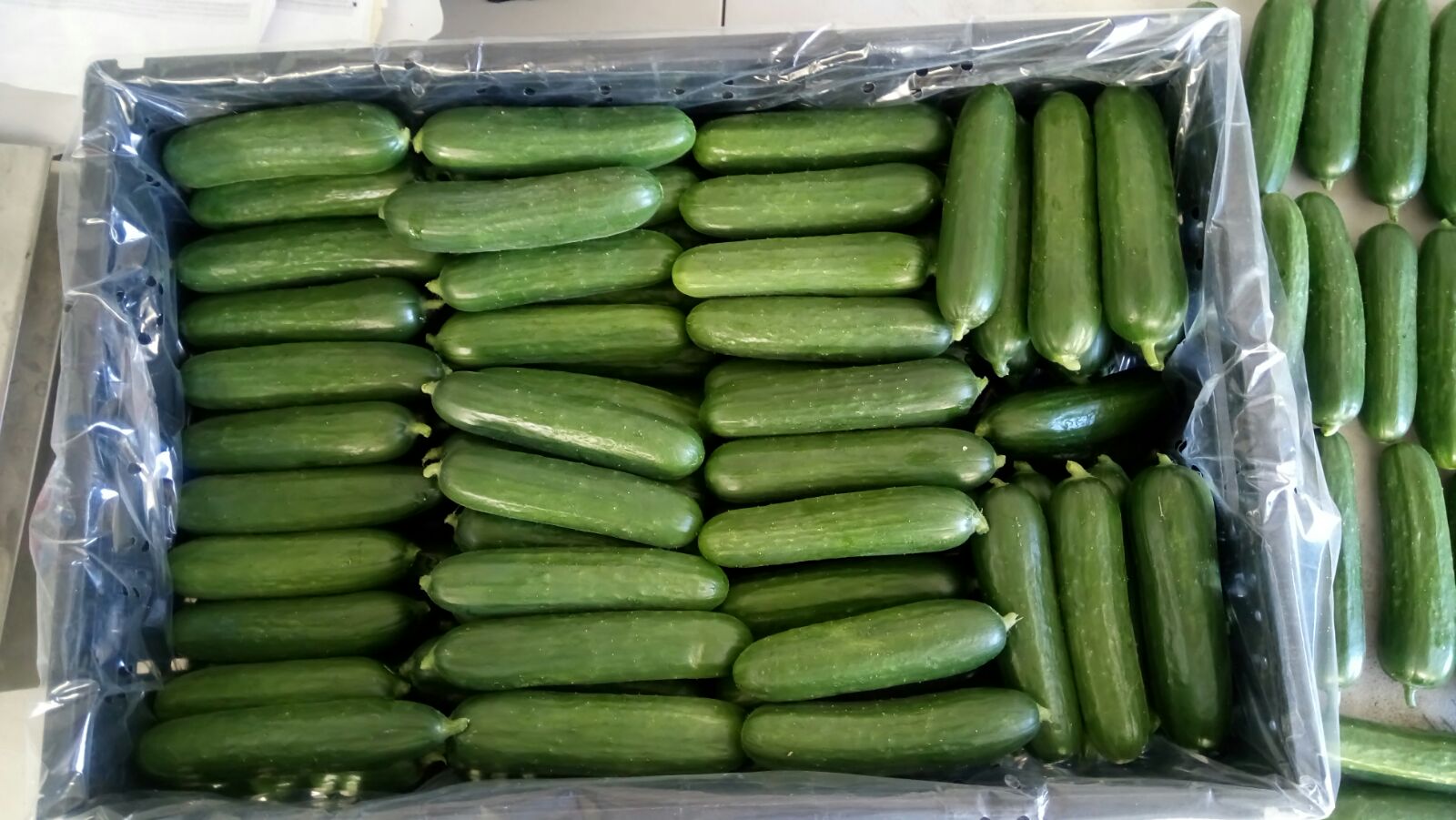
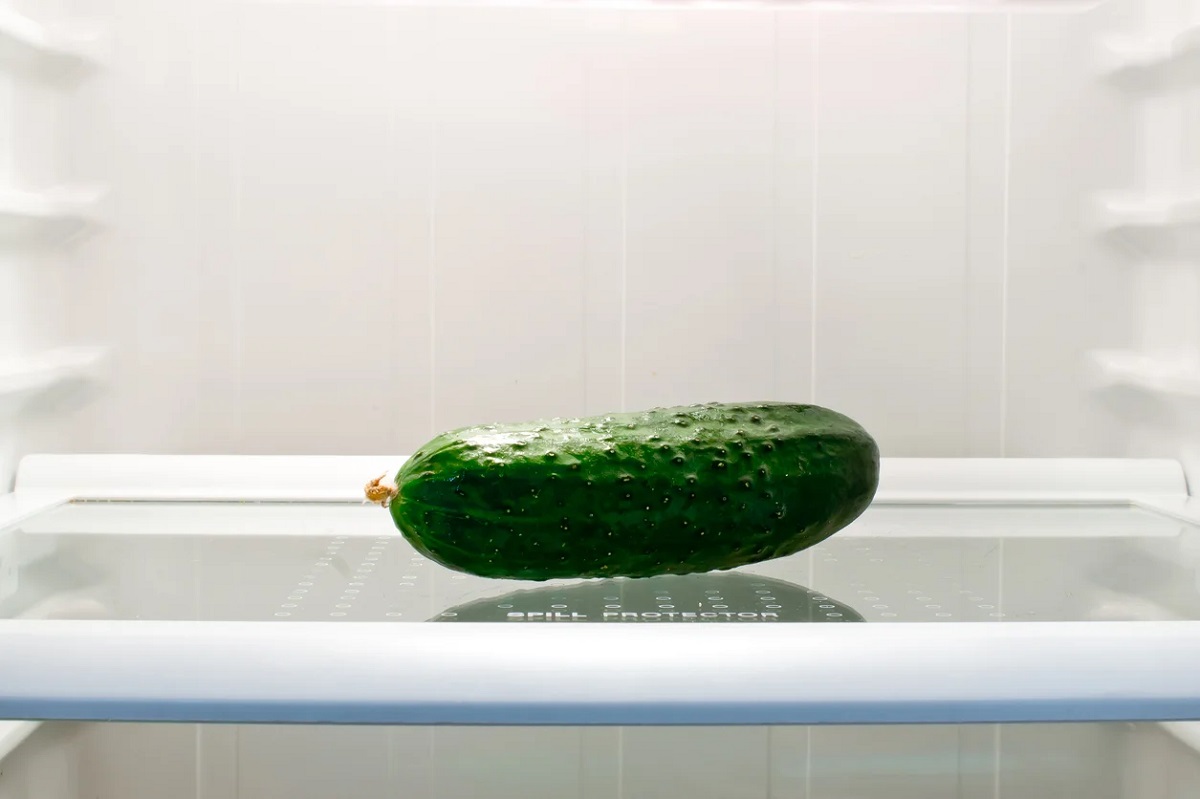
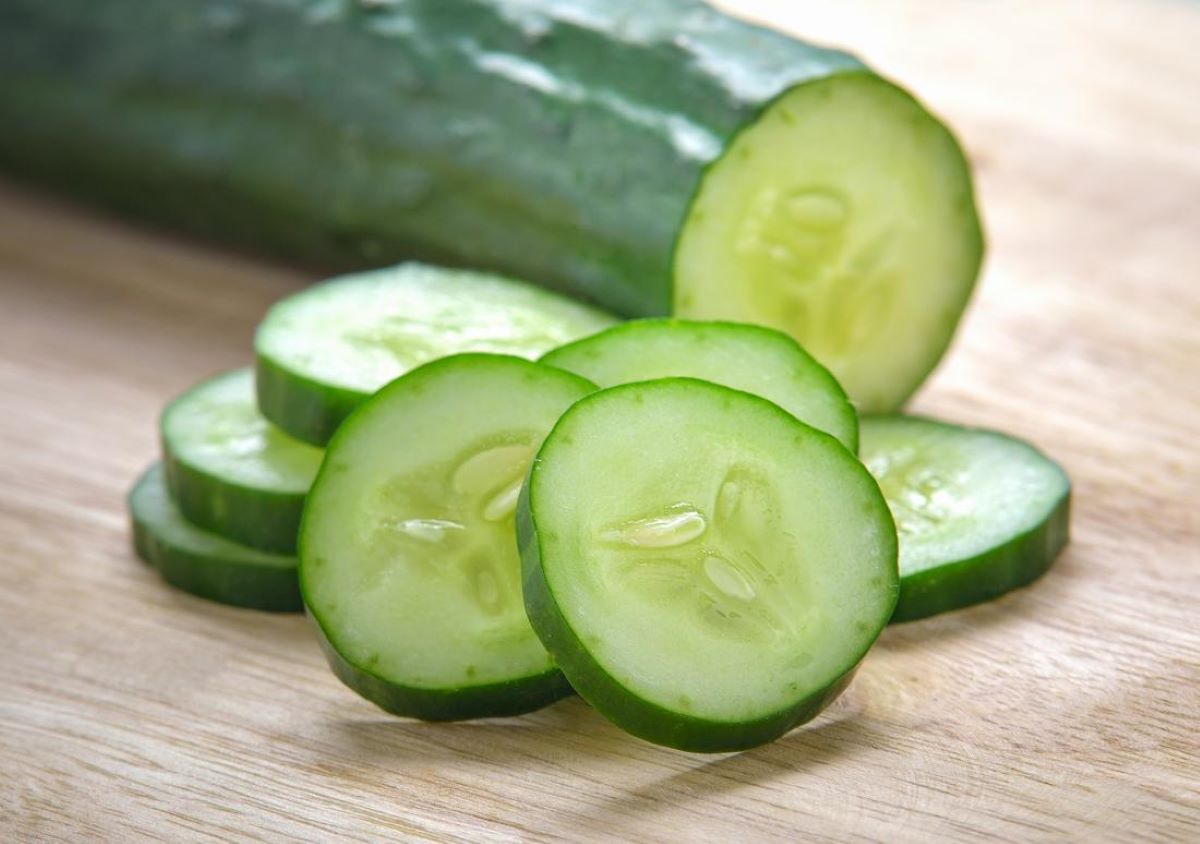
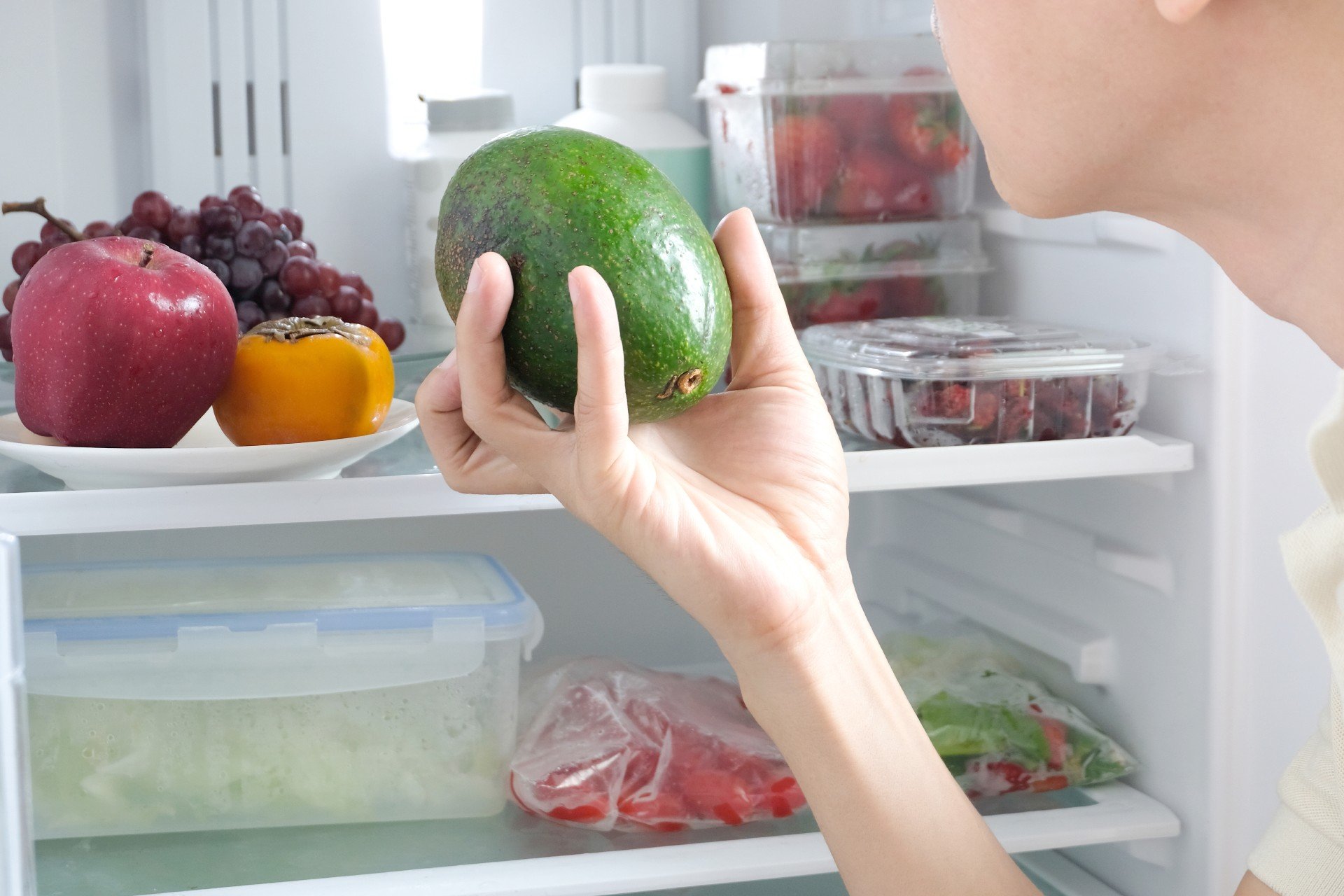
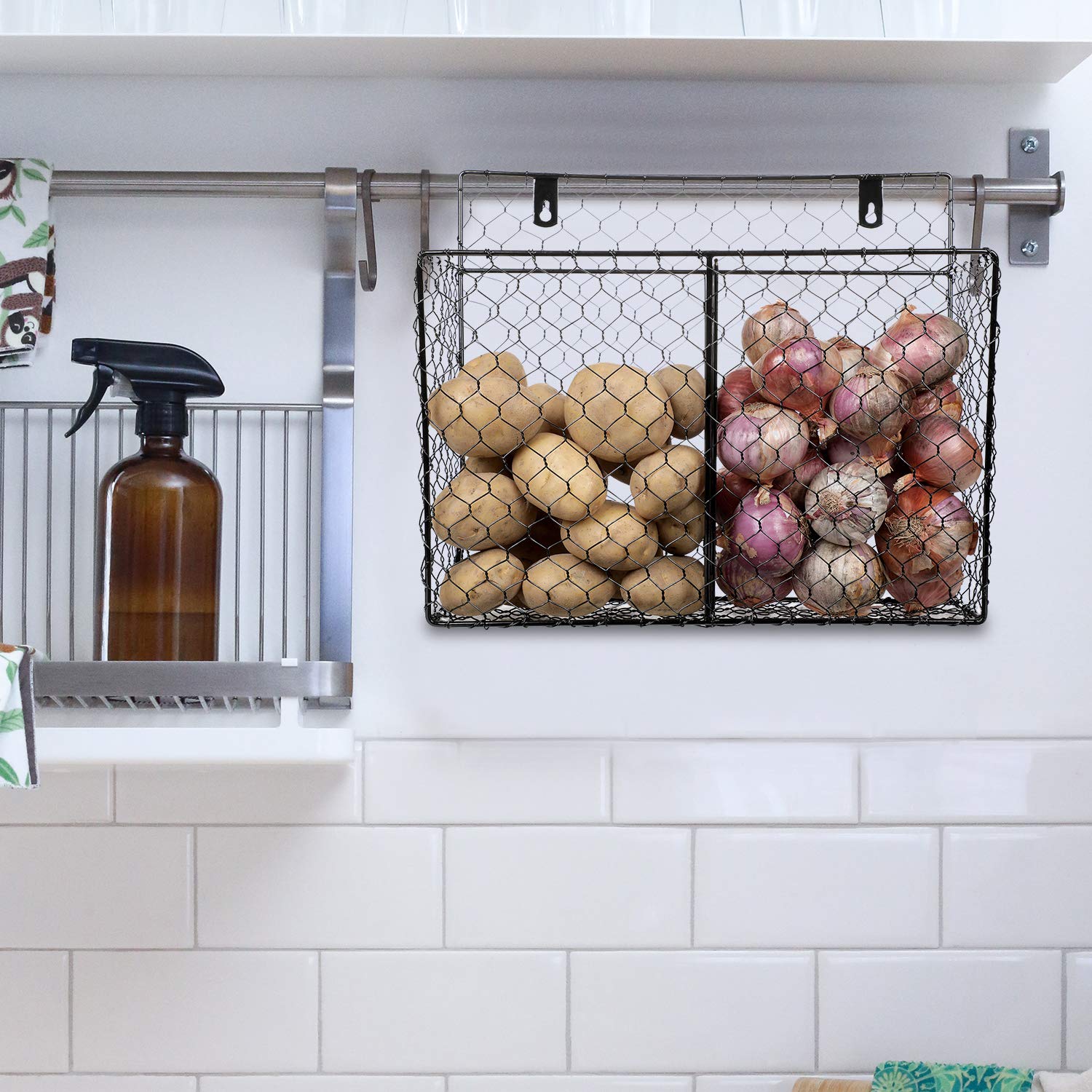
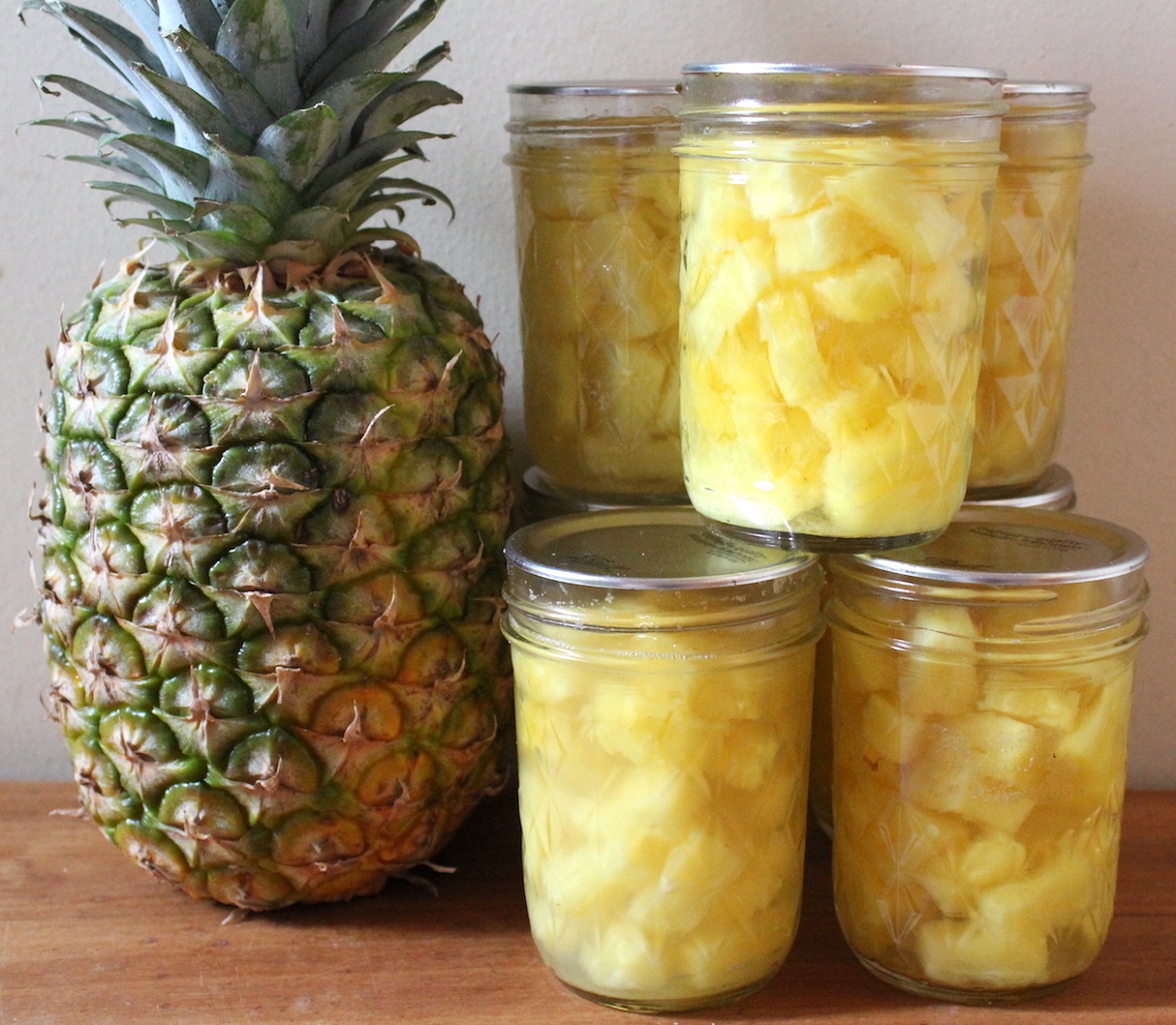
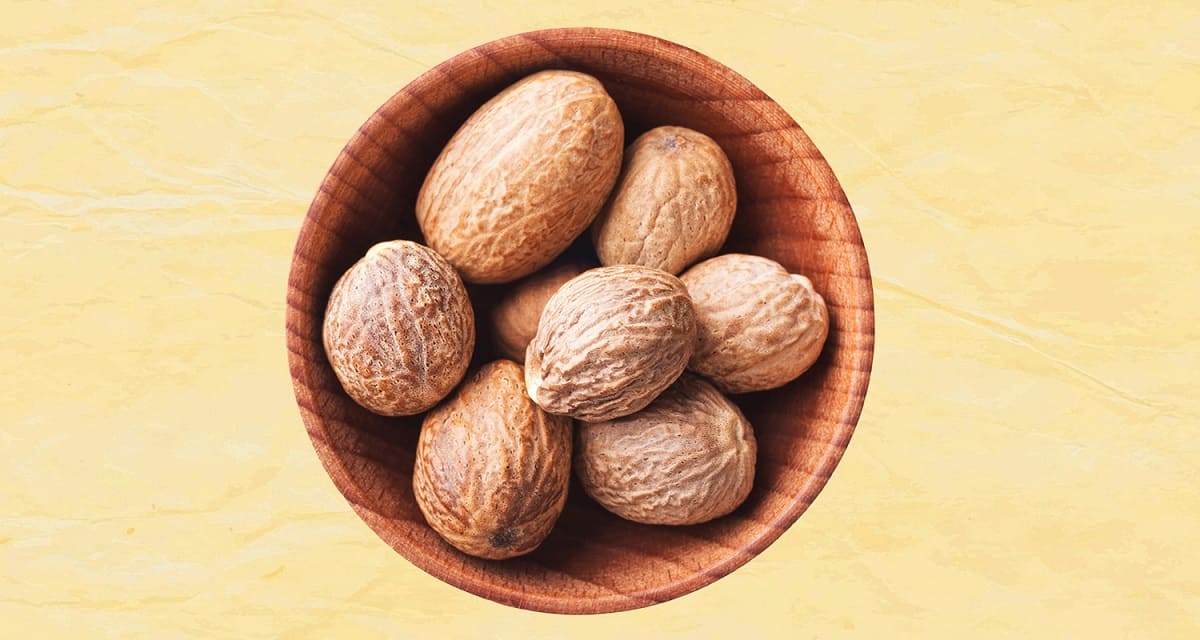

0 thoughts on “How To Store Whole Cucumbers”